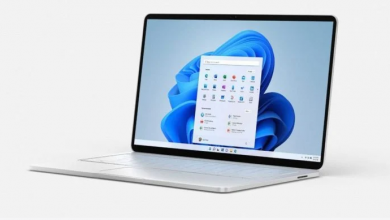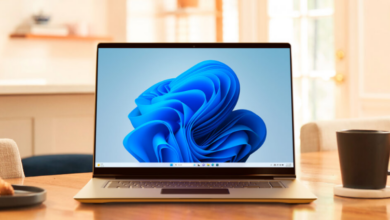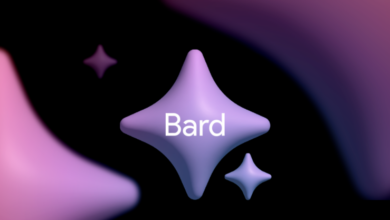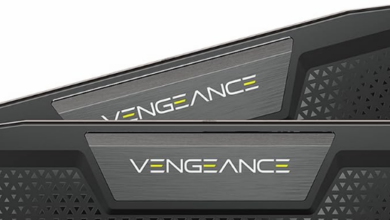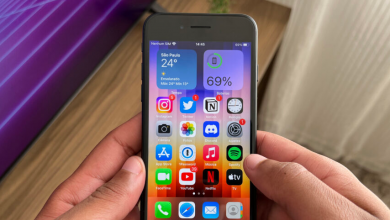
Windows 11 tests AI to customize wallpaper with 3D effect
The new beta version of Windows 11 shows a known artificial intelligence feature on the iPhone. The Albacore leaker released the image of the “Depth Effects” tool in a preview build of the operating system. According to the description, when enabled, the feature uses AI to add a depth effect to the wallpaper.
The highlight of the use of artificial intelligence in the description is “forced,” but it’s a way for Microsoft to show —and advertise—that it’s using this technology in Windows 11. The company could just explain that the feature creates an effect on the image, but it’s more “flashy” to write AI. Even more than your plans for Windows 12 include turning it into the “smartest OS” ever made.
Depth effects for wallpaper in Windows 11
There is not yet a preview of the functionality applying the depth effects. The button to activate the feature, which is in the Background section, is disabled. This indicates that Microsoft is still working on the tool, but the novelty should be similar to what iOS 16 does with the iPhone wallpaper.
Microsoft has just released the feature description—perhaps to draw attention to using AI in the feature. The full text is like this: when allowed, it uses AI to add depth effect in the background (direct translation).
The image was released by leaker Albacore on his Twitter, where he uses the @thebookisclosed. It has a history of accurate leaks about Microsoft and its operating systems.
Windows 12 should arrive packed with AI features
Microsoft’s latest moves, investment in OpenAI, Bing Chat and other AI features, corroborate the speculation of the moment: Windows 12 will be the smartest “Windows” on the market.
Not only rumors and leaks, but the statements of Microsoft executives reinforce this idea. At CES 2023, Panos Panay, leader of the Windows division, declared that artificial intelligence technology will “reinvent everything you do in Windows.”
Speaking of leaks, a leaker revealed that the description of the upcoming Intel Core, scheduled for later this year, speaks of compatibility with Windows 12. Because of more AI capabilities, the next Microsoft AS needs chips prepared for these tasks. They require NPU cores, the Neural Processing Unit. AMD already uses these cores in the Ryzen 7000 line for notebooks.
The rumor about the release date of intel core’s 14th generation and the arrival of the Ryzen 7000 with NPU lead to another speculation: the release of Windows 12. The operating system is expected to arrive in 2024.
The date makes sense because it’s no use launching an OS with multiple AI tools without processors with technology-compatible features. But if Windows 11 continues to be low-acceptance, imagine a Windows whose potential depends on newer chips.
